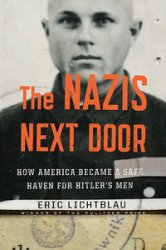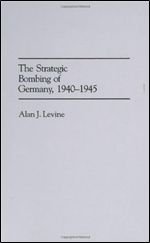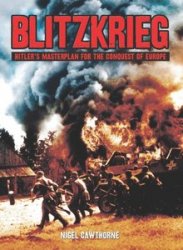After 1945, Western historiography would mirror gradually the changes brought about by two world wars and the interwar period. The historiographical repercussions differed from nation to nation. The Soviet Union kept its historiography unchanged as a branch of the official ideology. In the victorious French Fourth Republic the opposition to the dominant historiographical school of the Third Republic—an opposition centered in the Annales—gained its triumph. Sure of its aspirations, it set about to realize its potential. Developments were more intricate in England, where a social revolution and the disintegration of the imperial status changed the context in which history was written, a circumstance that eventually weakened the strong mutual support which English life and historiography had given to each other over the centuries. When the Whig interpretation of English history had finally run its course, scholarly English historiography continued, supported in and by its strongholds, the old established universities. There its features were still intact: intellectual excitement, eloquence, and an empiricism which saw the world as open, filled with unique phenomena, and accessible to conscientious research. In that vein George Kitson Clark and Geoffrey Elton have labored with Rankean caution in building historical works scrupulously on evidence, rejecting engage history; Flugh Trevor-Roper has demonstrated the wide range and power of the historical imagination; and A. J. P. Taylor has shown how traditional research can yield innovative interpretations. But the new universities, with their lack of long-established traditions and more influenced by the change in the hitherto stable relationship between English society and historiography, cooperated in opening English historical scholarship to Continental, particularly Annaliste ideas. The latter, in a climate of social reform, favored social and economic history. The study of groups, population developments, and other aggregates began to flourish, supported by the English counterpart of the Annales, the journal Past and Present. Quantification and some psychohistory were concomitants of that trend. As a whole English historiography has evoked the impression of a highly creative and vigorous endeavor that however, has lost its once sure sense of direction. The inquiries of J. H. Plumb into the death of the past, of Geoffrey Barraclough into the relationship of the West to the Third World, and of E. H. Carr into Marxist concepts have been outward signs of a search for history’s definition. Yet, these historiographical developments were tranquil compared to those in Germany and the United States.
|
|
||||||||
|
Www.WorldHistory.Biz
Sundries
 Contact Contact
|
 
26-03-2015, 18:18
Redefinitions of Two National Historiographies
  |
|||||||
 |
 |
 |
 |
|||||
|
||||||||

 World History
World History





